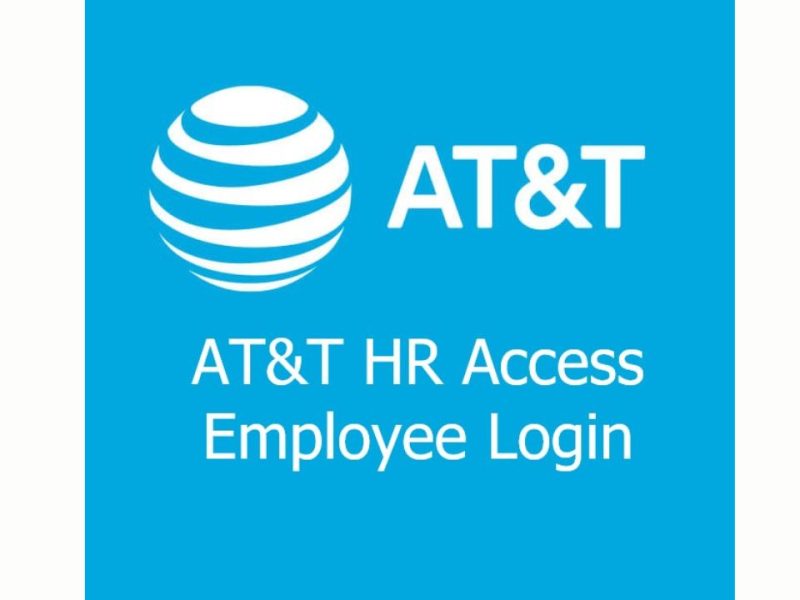What is AWS Cloud Security?
For businesses and organizations seeking to use cloud computing, security is of utmost importance. AWS Cloud Security is designed to provide customers with the highest levels of security and reliability for their data, applications, and workloads. It provides multiple layers of security controls to protect customer data in the cloud, including Data at Rest and Data in Motion in storage, endpoint protection, and network firewalls.
AWS understands the need to protect customer data at all times, which is why they’re committed to staying ahead of the latest security best practices. By regularly reviewing their policies, processes, technologies, incident response capabilities, and threat detection systems, AWS can ensure reliability while keeping up with advances in technology. This helps them maintain the highest levels of reliability for their clients, providing customers with confidence when entrusting their data to AWS Cloud Security.
In the cloud environment, AWS has implemented several measures, both at the infrastructure and application levels, to protect customer data from malicious actors. Identity & Access Management (IAM) allows customers to securely control access within an organization, while Virtual Private Cloud (VPC) lets them create secure virtual networks that protect resources from external threats. Amazon Inspector assesses applications running on EC2 instances for vulnerabilities or compliance issues, and Amazon Macie helps them discover sensitive content stored across different services, such as S3 buckets or DynamoDB tables. AWS CloudTrail records all API calls made within an account, helping identify any suspicious activity.
AWS also provides a Shared Responsibility Model that outlines responsibilities between cloud service providers like itself and its customers. While it takes responsibility for securing infrastructure components like physical hardware or networking devices used by its services, it’s ultimately up to customers themselves to take steps toward securely using those same services. Ultimately, this approach gives customers peace of mind, knowing that their most important asset – their data – is secure when stored on an AWS platform.
Strategies for Maintaining Data Security in the Cloud
Maintaining data security in the cloud is a top priority for businesses of all sizes. Fortunately, Amazon Web Services (AWS) provides rigorous security protocols to ensure that sensitive data remains safe from unauthorized access and malicious attacks. AWS employs a wide range of automated security controls to ensure that all assets remain secure at the highest level. At Kelly Technologies, we are proud to offer the only AWS Training in Hyderabad that covers each and every facet of Amazon Web Services.
To start, AWS implements an effective identity and access management (IAM) strategy for users and systems. This ensures compliance with industry-standard security protocols. AWS also employs continuous monitoring methods to detect any suspicious activity on the network. In addition, data governance is an essential part of any cloud infrastructure. AWS has multiple layers of protection in place to ensure that only authorized personnel have access to sensitive information stored on its servers.
To keep your data secure on the cloud, implement the following strategies:
– Utilize two-factor authentication and multifactor authentication for users
– Implement strict access controls on resources stored in the cloud
– Encrypt data both in transit and at rest using tools like AWS KMS
– Use a central log management solution such as CloudWatch Logs or ELK stack to keep track of user activity
– Enable security event logging and audit logs on all services used
– Ensure backups are regularly taken and stored offsite if possible
– Leverage AWS security scanning tools such as Inspector or GuardDuty for vulnerability testing
Businesses can also take advantage of managed services offered by AWS such as Security Hub or CloudTrail to help prevent vulnerabilities caused by misconfigurations or lack of updates. Monitor for any suspicious behavior or malicious activities within the environment by analyzing log files using analytics tools like Splunk or Sumo Logic. Educate team members about best practices when handling customer data securely and develop an incident response plan to handle breaches. By implementing these strategies properly, businesses will be able to maintain high levels of data security while taking advantage of the benefits offered by cloud computing technologies like AWS.
Strengthening Data Protection with AWS
As businesses move their data and applications to the cloud, they must ensure the highest levels of security and reliability. AWS offers a range of security features, including dynamic threat detection algorithms, encryption, key management, identity and access management, user logging, firewall protection, network isolation, and surveillance tools. AWS meets regulatory compliance standards and offers support services like Amazon GuardDuty to detect threats quickly. To strengthen cloud protection, you should follow industry best practices by taking advantage of available AWS Security Services, monitoring system changes, reviewing security policies and associated resources, logging and auditing capabilities, assessing for vulnerabilities and applying patches, securing all infrastructure layers, and leveraging automation to reduce operational complexity and manual errors. By adopting these measures, your organization can maintain a robust cybersecurity posture while leveraging AWS cloud services.
Understanding How AWS Finetunes Its Data Security and Reliability
For businesses seeking a secure and reliable environment to store, manage, and process data, understanding how AWS achieves data security and reliability is essential. AWS implements rigorous system controls, encryption, identity management technologies, monitoring of industry standards and government regulations, additional services for extra layers of protection, and reliable performance in the face of unexpected events to provide customers with the highest levels of security and reliability.
To ensure data security, AWS continuously monitors its global infrastructure, including computing services, storage systems, networking equipment, and database services, and uses various technologies such as encryption and identity management to protect customer data from unauthorized access or misuse. AWS also detects intrusions quickly and complies closely with industry standards and government regulations to maintain maximum security at all times.
Customers can further protect their data with AWS encryption key management service (KMS), virtual private clouds for isolated networks, and full control over their own security with the flexibility to encrypt, relocate, or manage retention policies if needed.
AWS provides reliable performance during unexpected events by utilizing multiple availability zones that keep resources online even if one zone fails. Finally, AWS offers extensive documentation on how best to build secure workloads through its six-pillar framework, aimed at ensuring maximum safety and reliability for critical business assets on this cloud platform.
Improving Network and Host Security on AWS
AWS is committed to providing its customers with the highest levels of security and reliability. In order to achieve this goal, AWS employs state-of-the-art encryption and authentication technologies for secure access control. They also adhere to network security best practices, such as using secure virtual private cloud (VPC) networks, monitoring host resources for suspicious activities, and implementing federated identity management solutions for user authentication. AWS also operates, manages, and controls all components from the host operating system and virtualization layer down to physical security of the facilities in which their services operate.
AWS has implemented a shared model for security and compliance which alleviates the operational burden from customers so they can focus on their core business objectives. Data encryption is key to securely storing or transmitting data, and AWS provides robust tools such as the Key Management Service (KMS) for managing encryption keys used to encrypt data stored in Amazon S3 or DynamoDB tables. The AWS Well Architected Framework is built on six pillars – Operational Excellence, Security & Compliance, Reliability & Performance Efficiency, Cost Optimization, and Availability – which are designed to help customers build secure architectures on the AWS Cloud Platforms.
To assist in maintaining a secure cloud infrastructure, Amazon provides various tools and services, including CloudTrail, GuardDuty, Config, Inspector, Trusted Advisor, Macie, and Web Application Firewall (WAF). Additionally, AWS allows customers to audit their infrastructure with industry-standard compliance certifications such as PCI DSS Level 1 through its Compliance Center service or have third-party audits conducted by agencies like EY or KPMG. This article timesofblog should’ve given you a clear idea about the AWS.



